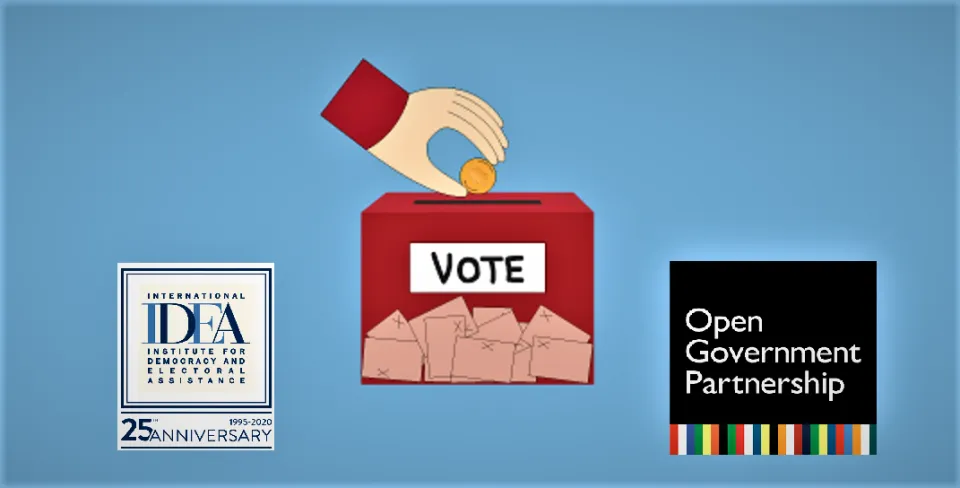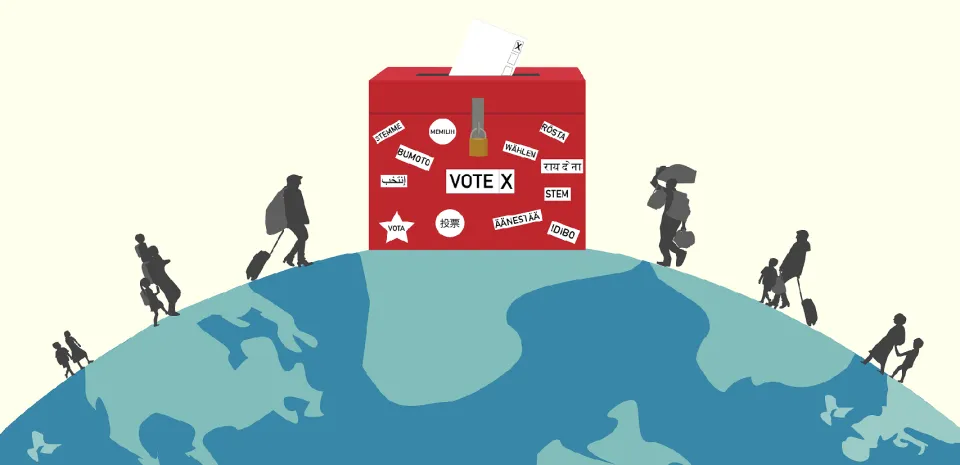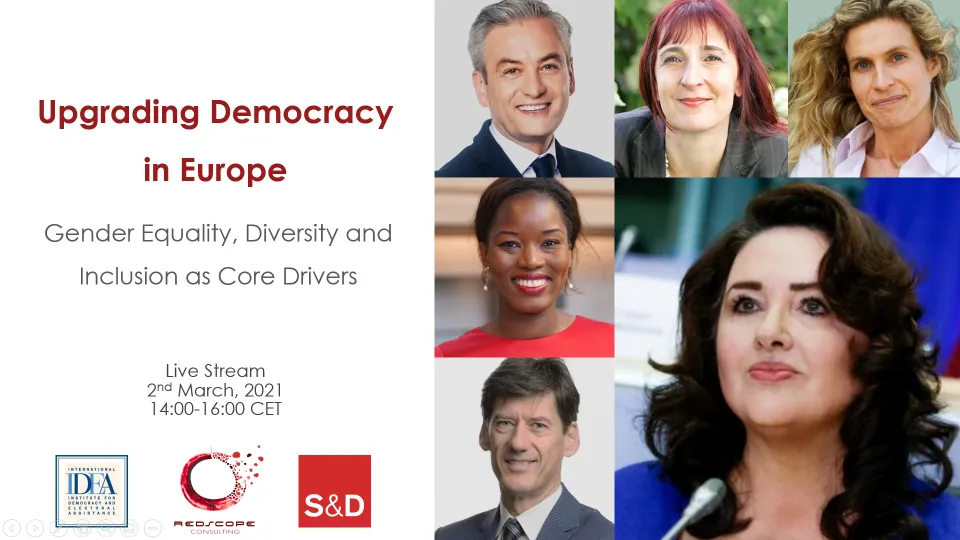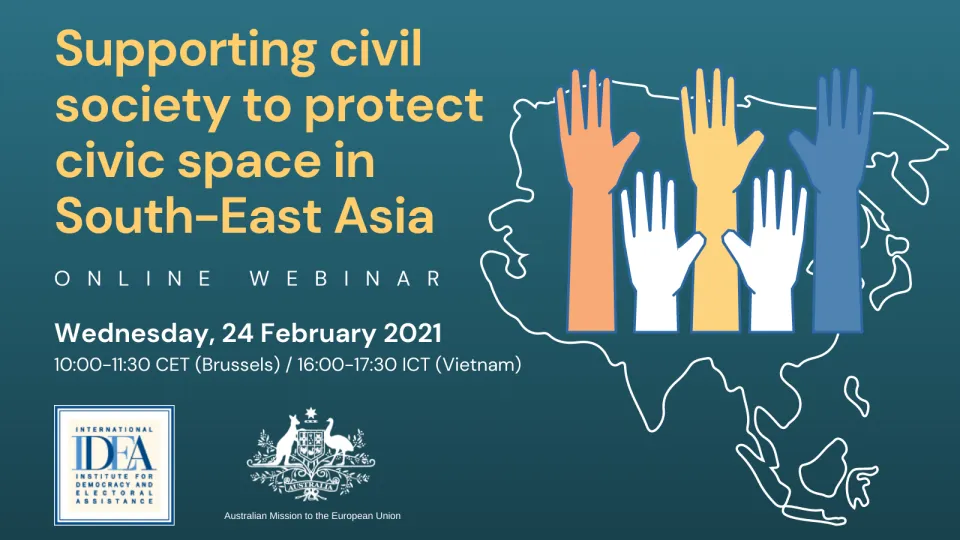The Office of International IDEA to the European Union discusses political dialogue and democracy within the EU context
On 29 November 2016, the Office of International IDEA to the European Union (EU) convened in Brussels a meeting of representatives of EU institutions, EU Member States, academics and democracy support practitioners to discuss EU political dialogue and democracy.
In their deliberations, participants focused on the question, “Are democracy exchanges within the framework of EU political dialogue with third countries consistent with, and anchored on, the application and respect of values internally?”
The Treaty on European Union of 2007 (TEU)[1] requires signatory countries to abide by ‘the universal values of the inviolable and inalienable rights of the human person, freedom, democracy, equality and the rule of law’[2]. On the other hand, the EU’s external action is based on the same principles as its internal organization, as described in Article 21 of the TEU, ’The Union’s action on the international scene shall be guided by the principles which have inspired its own creation, development and enlargement, and which it seeks to advance in the wider world: democracy, the rule of law, the universality and indivisibility of human rights and fundamental freedoms, respect for human dignity, the principles of equality and solidarity, and respect for the principles of the United Nations Charter and international law ’[3].
Participants agreed that the respect for human rights and dignity, together with the principles of freedom, democracy, equality and the rule of law, are values common to all EU countries. These values also guide the EU's action both inside and outside its borders, and the EU mainstreams democratic values in all its development partnerships with third countries. Therefore, the effectiveness of the EU’s external democracy support is intrinsically linked to internal EU democracy challenges.
In its external actions, the EU endeavors to include at all levels and in all meetings and discussions the issues of human rights, democracy and the respect for the rule of law, as well as in programming and country strategy papers. To support democracy internally, Article 7 of the TEU aims at ensuring that all EU Member States respect the common values of the EU - respect for human dignity, liberty, democracy, equality, the rule of law and respect for human rights, including the rights of persons belonging to minorities.
The meeting concluded by agreeing that dialogue on democracy remains an under-studied and under-utilized medium used by the EU to manage norm diffusion and transfer processes. The challenge is how to define EU democracy, and to ensure the operationalization of the provisions of the newly adopted Global Strategy for the European Union’s Foreign and Security Policy[4]. The Global Strategy builds on the 2030 Agenda for Sustainable Development, and provides the framework to enhance coordination, coherence and consistency in relation to EU external democracy support and internal democracy among EU institutions and between EU institutions and Member States. Furthermore, it offers to strengthen the EU, build internal solidarity, increase the credibility of the EU as an actor in external democracy support, and contribute to the improvement of democracy globally.
During 2017, the Office of International IDEA to the EU will continue with the dialogue process, and endeavor to address questions related to the EU’s political dialogue with 3rd countries (looking at differences, similarities and contextual issues), the EU internal dialogue on democracy (processes, mechanisms, effectiveness and role-players), and its inter-linkages. Through this, an improved understanding of the utilization, effectiveness and consistency of political dialogue for democracy will be formed, which could contribute to and enhance EU external democracy support and internal EU democracy.
[1] Other democracy instruments are the Charter of Fundamental Rights of the EU and the European Convention for the Protection of Human Rights and Fundamental Freedoms (ECHR) of the Council of Europe
[2] Consolidated version of the Treaty on European Union, Official Journal of the European Union, C 326, 26.10.2012, Article 2, http://eur-lex.europa.eu/resource.html?uri=cellar:2bf140bf-a3f8-4ab2-b506-fd71826e6da6.0023.02/DOC_1&format=PDF
[3] Ibid, Article 21
[4] For the Global Strategy, see https://europa.eu/globalstrategy/en/global-strategy-foreign-and-security-policy-european-union



